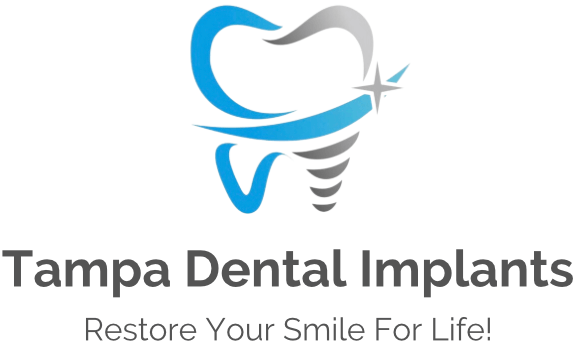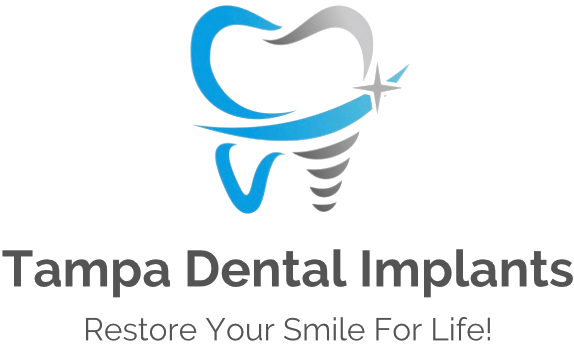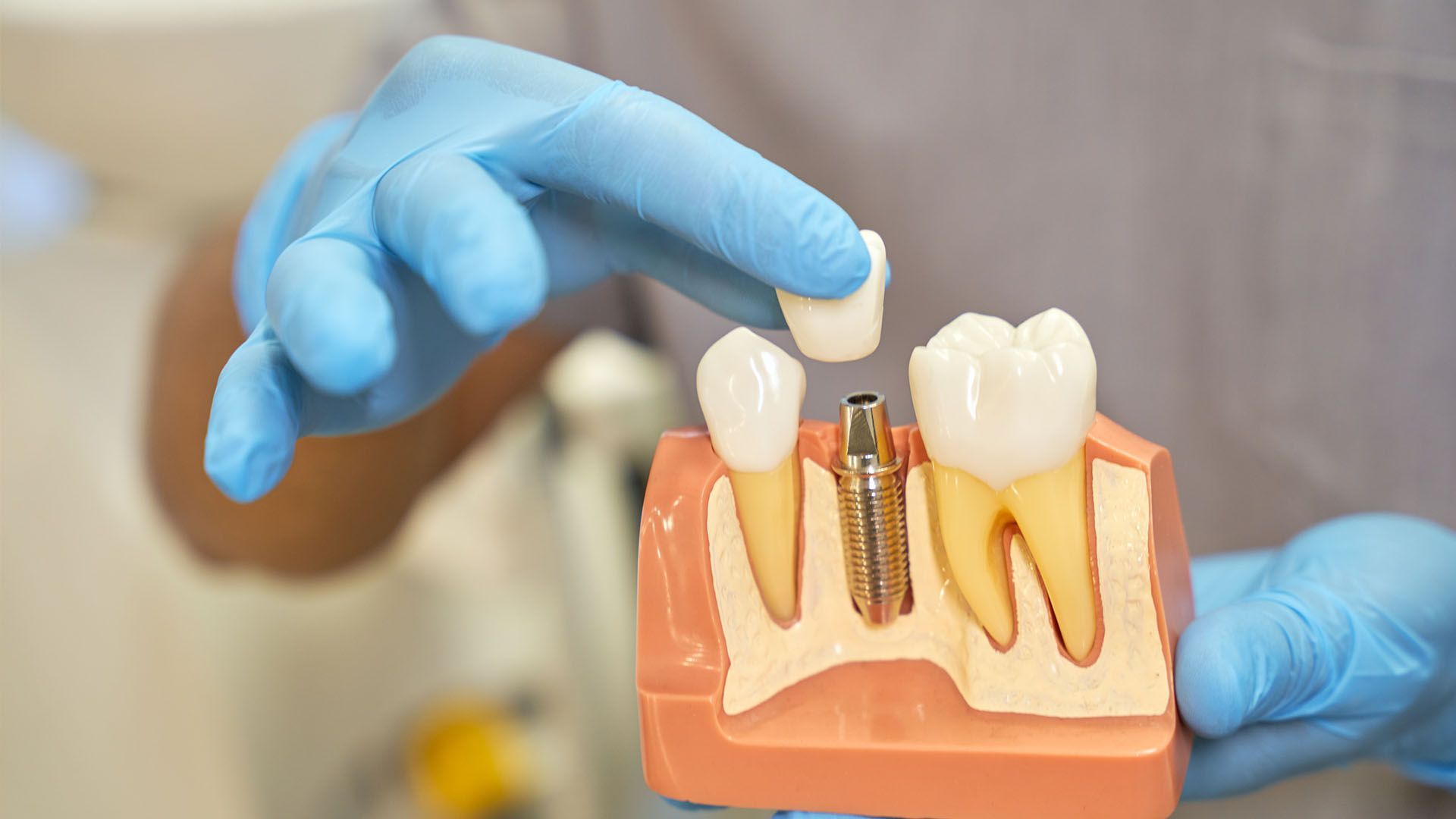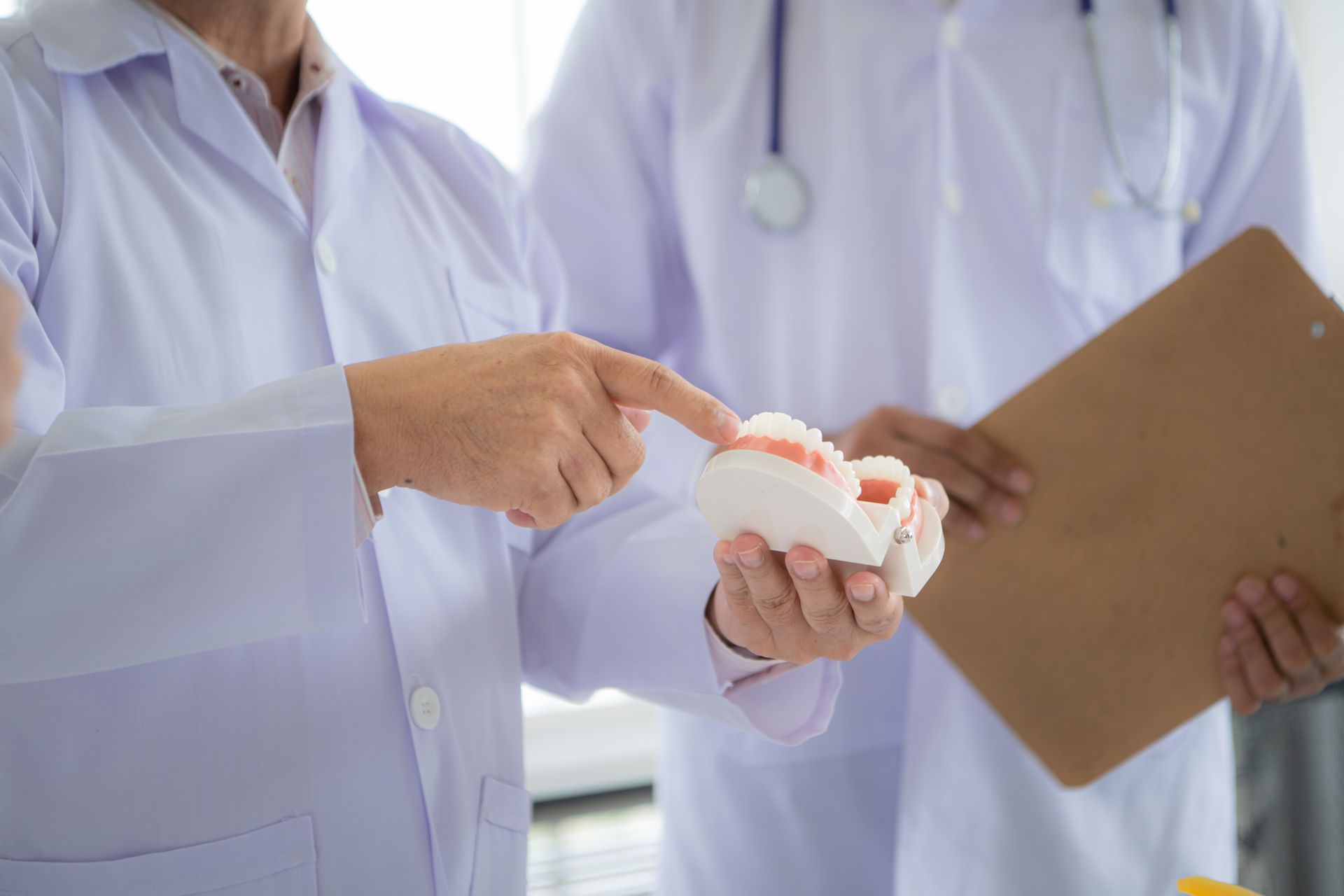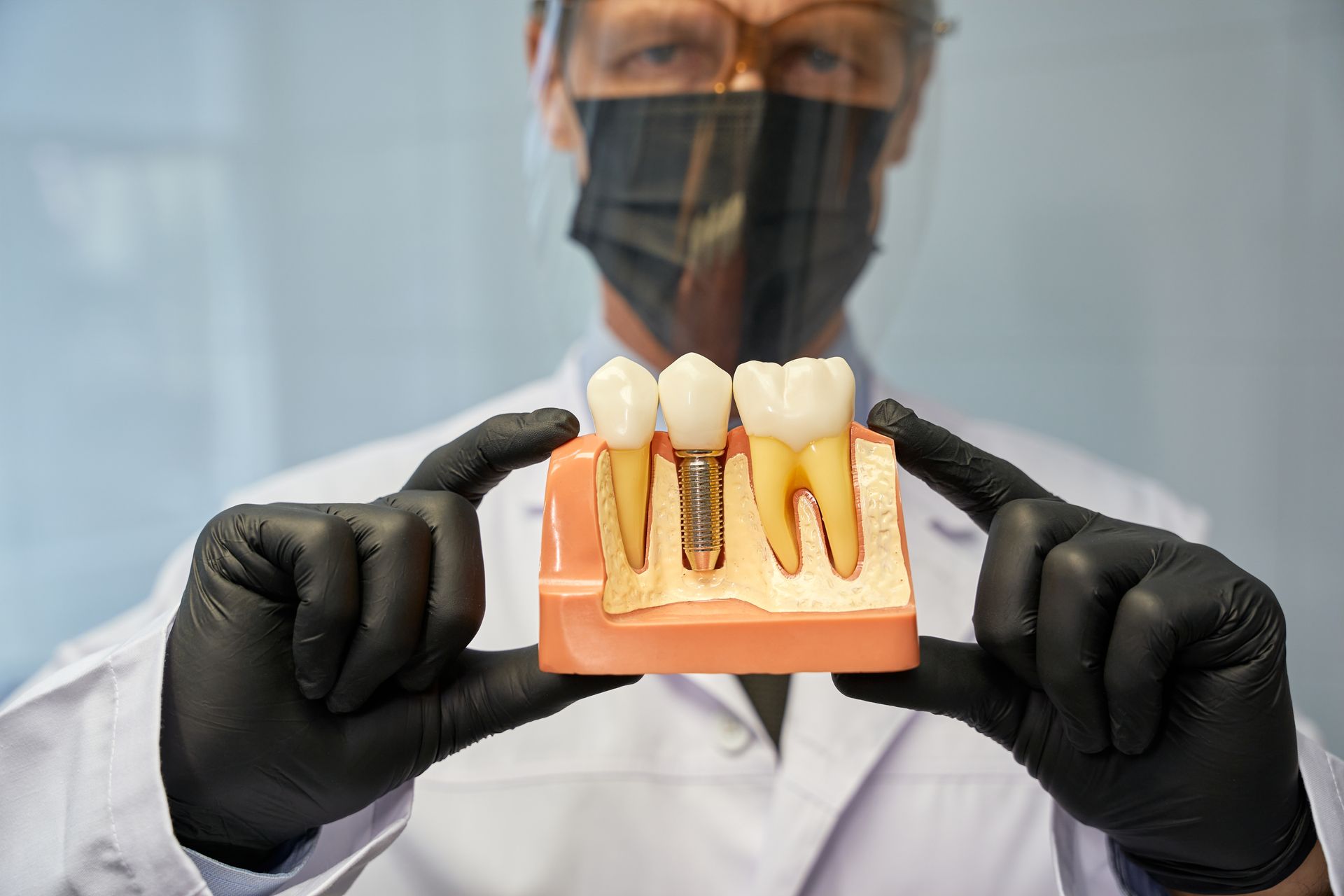How Soon Can You Chew Gum After Getting Dental Implants?

Dental implants are a popular, long-lasting solution for replacing missing teeth. Once they’re in place, patients can enjoy a natural-looking smile and restored chewing ability. But if you’re wondering “Can I chew gum with dental implants?” — the short answer is yes, but with a few important considerations.
Let’s walk through what to know before popping that stick of gum back in your mouth after implant surgery.
Why Gum Chewing Is a Common Concern with Dental Implants
Gum might seem harmless, but after dental implant surgery, chewing anything sticky or tough can put extra pressure on healing tissues. This is especially important if your implant is still integrating with the bone (a process called osseointegration) or if a temporary crown is in place.
Sticky gums can tug on the crown or abutment, while
hard chewing pressure may strain the healing site. That’s why gum chewing—especially too soon—can be risky.
Is It Safe to Chew Gum with Dental Implants?
Yes, chewing gum is generally safe once your implant has fully healed and the crown is permanently attached. However, during the early healing phase, your dentist will likely recommend avoiding any sticky or chewy substances that could interfere with healing or cause discomfort.
Once cleared by your dental provider, moderate gum chewing is typically fine, particularly if you’re choosing the right kind of gum.
When Can You Start Chewing Gum After Implant Surgery?
Most patients can safely resume chewing gum after the initial healing phase, which typically ranges from a few days to a couple of weeks post crown placement. If your implants required bone grafting or you received multiple implants, your recovery timeline may be longer.
Always consult your dentist before reintroducing any chewing habits. Every mouth heals differently, and your provider will guide you based on your specific case.
What Type of Gum Is Best for People with Dental Implants?
If you’re going to chew gum, make sure it’s the right type.
- Choose sugar-free gum: Sugar promotes plaque buildup, which can lead to gum inflammation or implant failure.
- Avoid sticky or hard gum: These can pull on crowns, strain implant posts, or get lodged near the gum line.
- Look for xylitol: A sugar substitute that can help reduce cavity-causing bacteria.
By choosing the right gum, you can protect your investment and enjoy long-term success with your implants.
Risks of Chewing Gum Too Soon or Choosing the Wrong Type
Chewing gum too early after surgery or selecting the wrong kind can create problems, such as:
- Loosening the crown or abutment
- Delaying soft tissue healing
- Introducing bacteria under the crown or around the gumline
- Damaging the implant site due to excessive chewing force
These risks underscore why your dentist’s timeline and instructions matter.
Tips for Safely Chewing Gum with Dental Implants
Once your dentist gives the green light, follow these tips to chew gum safely:
- Start slowly to see how your mouth responds
- Limit gum chewing to short sessions
- Stick to
sugar-free, non-stick gum
- Keep up excellent oral hygiene, especially around the implant
Good daily care helps prevent complications and keeps your dental work lasting longer.
What to Avoid After Getting Dental Implants
In the days and weeks following surgery, you should also avoid:
- Hard or crunchy foods (nuts, popcorn, raw vegetables)
- Sticky items like caramel or taffy
- Chewing ice or using teeth as tools
- Any habits that might stress the surgical site (including excessive gum chewing)
These habits can lead to implant movement or failure during the healing phase.
Conclusion
Yes—you can chew gum with dental implants, but timing, gum type, and moderation matter. Wait until your dentist confirms you’ve healed enough to resume normal chewing, and when you do, choose sugar-free, soft gum to avoid damaging your dental work.
If you’re ever unsure, talk to your
implant dentist. A quick check-in can save you from long-term complications and keep your smile healthy for years to come.
FAQ
